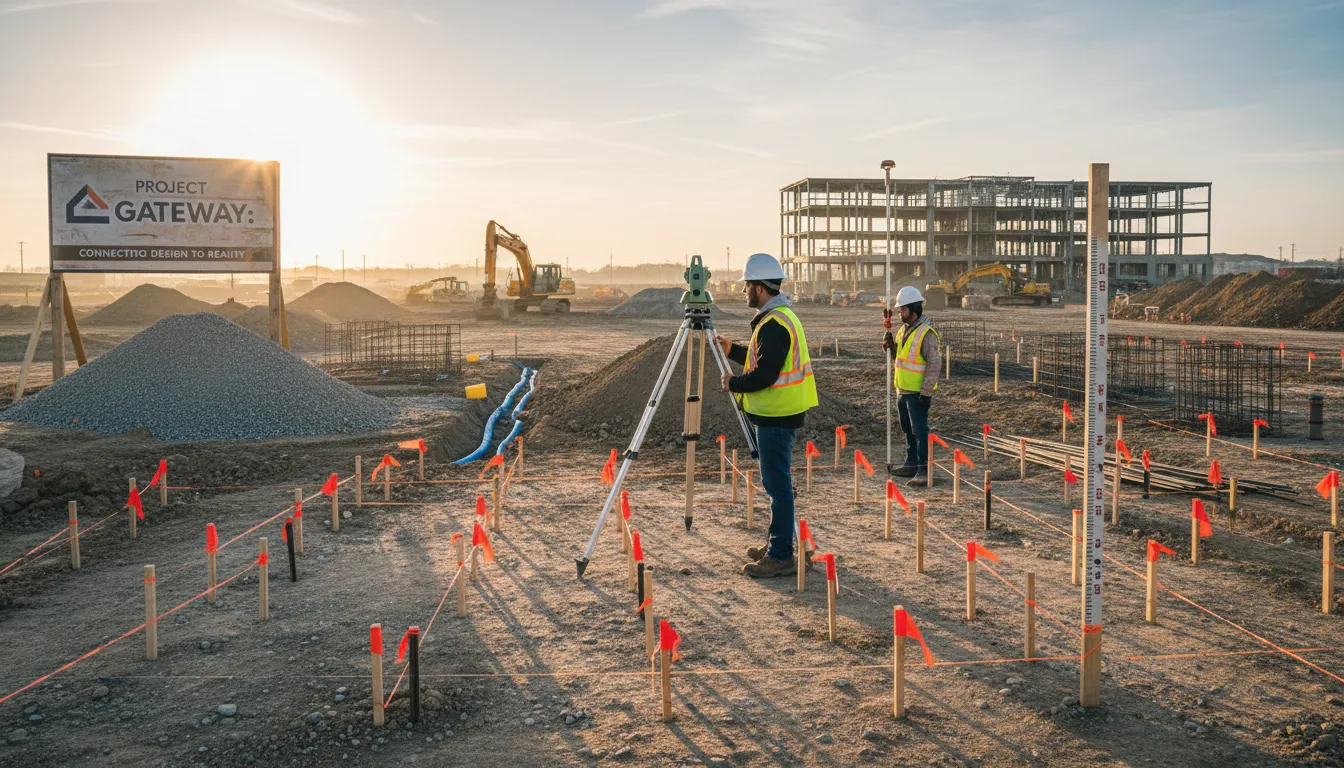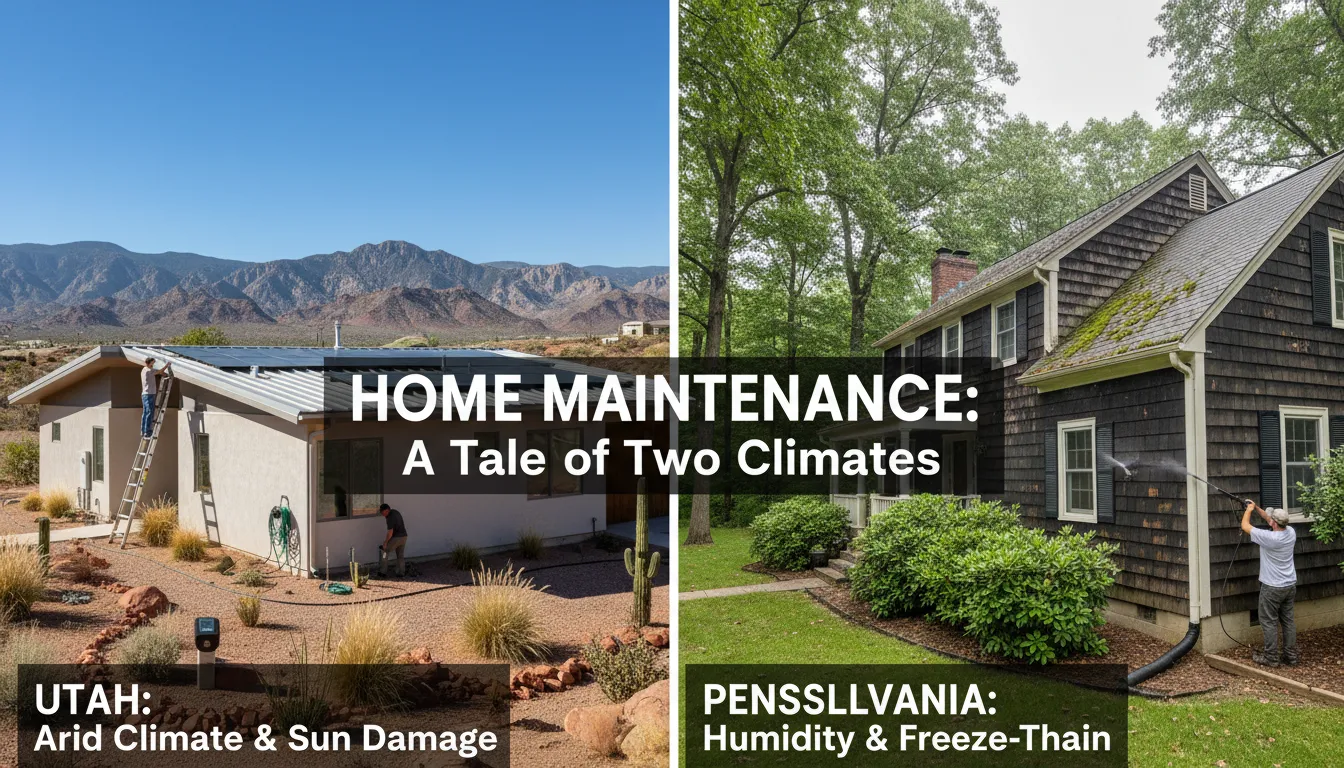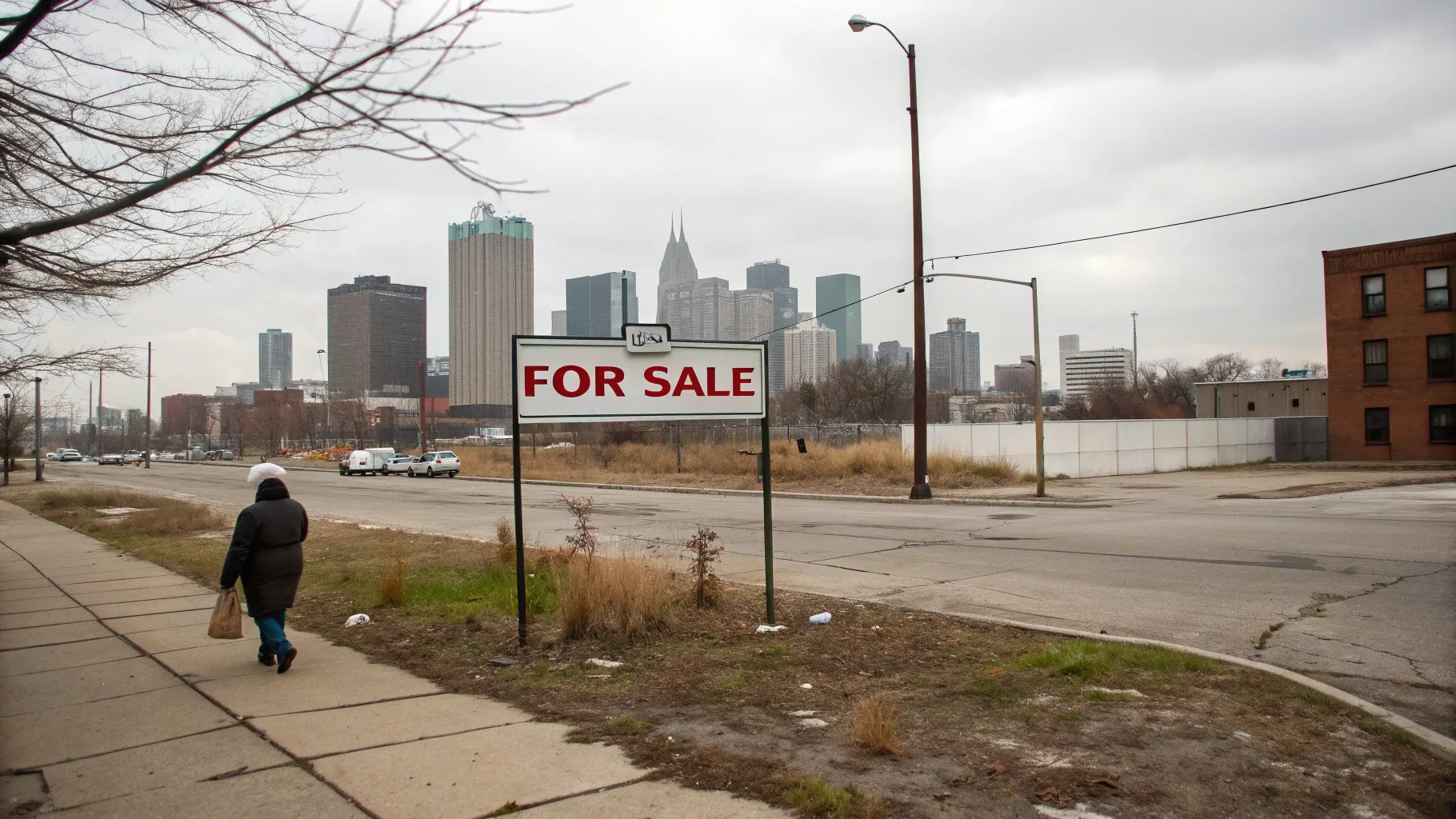
Utah's real estate market has been strong in recent years, with an influx of people moving to the state and migrating throughout. However, amid fears of recession under the current administration, buyers, sellers and agents wonder what implications economic turmoil will have on housing.
Is a Recession Looming?
It may be too early to know with certainty whether the United States is entering a recession. However, experts believe the odds are likely. The International Monetary Fund raised its U.S. inflation forecast by 1% in April 2025 from 2% while lowering its growth estimate to 1.8%.
Betting markets have also tripled the likelihood of a recession since the beginning of the year. JP Morgan says there's a 60% chance of a market downturn, Torsten Sløk of Apollo Global Management says there's a 90% possibility and Mark Zandi of Moody's Analytics says there's a 50% chance of global recession this year, stemming from President Trump's trade policy.
This doesn't necessarily foreshadow a negative housing sector, though. In fact, the real estate market will look different in the 2025 recession than in 2008. For one thing, lending standards are much stricter today, preventing risky loans from driving markets to crash as they did last time. Households also carry a lower debt-to-asset ratio, while the housing market is different — inventory is growing, but not to the level of oversupply seen in 2008.
Impact on the Utah Housing Market
A recession could spell trouble for households trying to afford the essentials. However, if history is any indication, its impact could go in either direction on Utah's housing market.
- Housing Prices
From February 2020 to May 2022, housing prices rose 64%, or $8,500 monthly. Yet, Utah's median listing costs decreased to approximately $500,000 two years ago and stayed there. This contrasts with the 29% price hikes seen in previous years.
Explore Utah Real Estate

83 W 850 S, Centerville, UT
$815,000
Bedrooms: 5 Bathrooms: 3 Square feet: 3,999 sqft
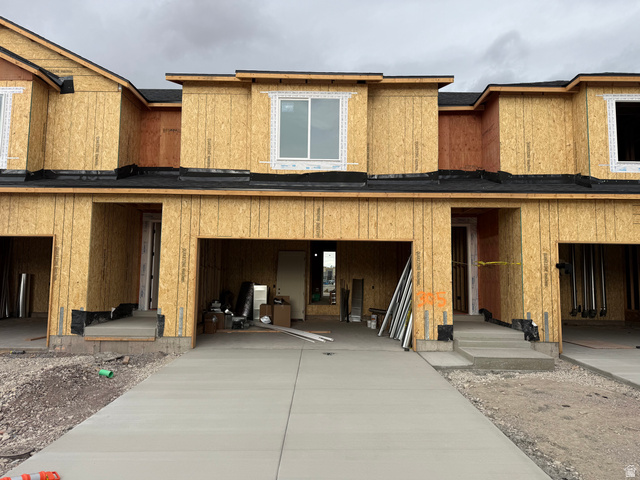
653 E RYEGRASS DR #305, Eagle Mountain, UT
$387,900
Bedrooms: 3 Bathrooms: 3 Square feet: 1,985 sqft

2031 N LAVA ROCK CIR #107, St George, UT
$4,185,000
Bedrooms: 4 Bathrooms: 5 Square feet: 5,404 sqft
A repeat of the 2008 market crash is unlikely in Utah and may even encourage the state's housing market to correct itself. Ultimately, how well prices adjust depends on tighter lending standards, population and job growth, and cooling interest rates.
- Interest Rates
Mortgage rates have remained relatively high in the last couple of years. However, the Federal Reserve usually cuts the federal funds rate during a recession to boost consumer spending. This also tends to reduce loan rates, driving people to make more expensive purchases like housing.
Does this mean Utah homebuyers will rush to find the perfect house? It may, especially if home prices drop, too. Economic uncertainty and a longer-lasting downturn may also cause home equity to falter, though, leaving many unsure if the risk is worth it.
- Inventory Levels
In February 2025, 2,569 houses were sold in Utah — a 6% year-over-year decrease. However, there was more than enough supply to meet demand, with 14,160 listings for a 15.7% year-over-year increase.
So, what may happen during a recession? Economic uncertainty may lead to fewer buyers. Homes may remain on the market longer, leaving an even larger inventory. Buyers will also have greater negotiating power for lowering prices and purchasing terms, causing even better deals.
- Second Homes and Vacation Rentals
Although Utah is a popular vacation destination, a recession could significantly hamper vacation rental demand. Those who have invested in second homes or are landlords will likely face holding onto their properties until the market stabilizes, not selling or renting them for months at a time.
If you've decided to keep your second home during a recession, you might rent it out for long-term contracts for additional income. Just be sure the property is properly insured in case of disaster damage or vandalism, someone sustains an injury, or other structures on your property are damaged. Although the insurance premiums are typically higher when your house doesn't have an existing security system, they'll save you more in an emergency.
Utah-Specific Considerations
More Properties You Might Like
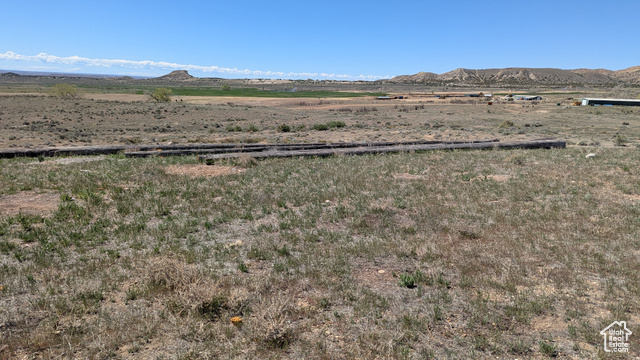
2098 E GOOSE RANCH RD, Vernal, UT
$103,000
Square feet: 274,864 sqft
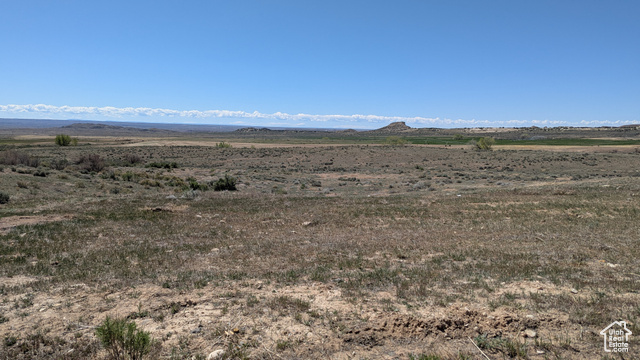
2148 E GOOSE RANCH RD, Vernal, UT
$116,000
Square feet: 309,276 sqft

6668 S 3200 W, Spanish Fork, UT
$2,074,000
Bedrooms: 3 Bathrooms: 3 Square feet: 2,560 sqft
No one can truly predict how Utah's real estate market will go amid a recession, especially with specific considerations like a robust economy, population growth and local market fluctuations in different areas. Salt Lake City, in particular, has a 3.2% unemployment rate and an estimated 2.54% job growth rate, making it appealing to professionals and outdoor enthusiasts. If the state's strong employment market continues growing, it may be enough to weather the storm of a recession.
Likewise, the U.S. Census Bureau showed a 1.8% migration growth in Utah as of December 2024, with a population of 3,503,613 in July 2024 compared to 3,443,222 year-over-year. The rising population and in-migration may drive the state's housing market.
Of course, a recession may impact local real estate differently. For instance, cities and suburbs with access to amenities, quality schools, and community services may have a more active market than rural areas.
Utah's Housing Market Is Strong but Not Recession-Proof
Utah's real estate market is robust enough to survive a recession. However, that doesn't mean homebuyers and sellers won't feel the impact. Smart listing and purchasing tactics can ensure everyone finds the home of their dreams with a fair sale.
Related Articles:








